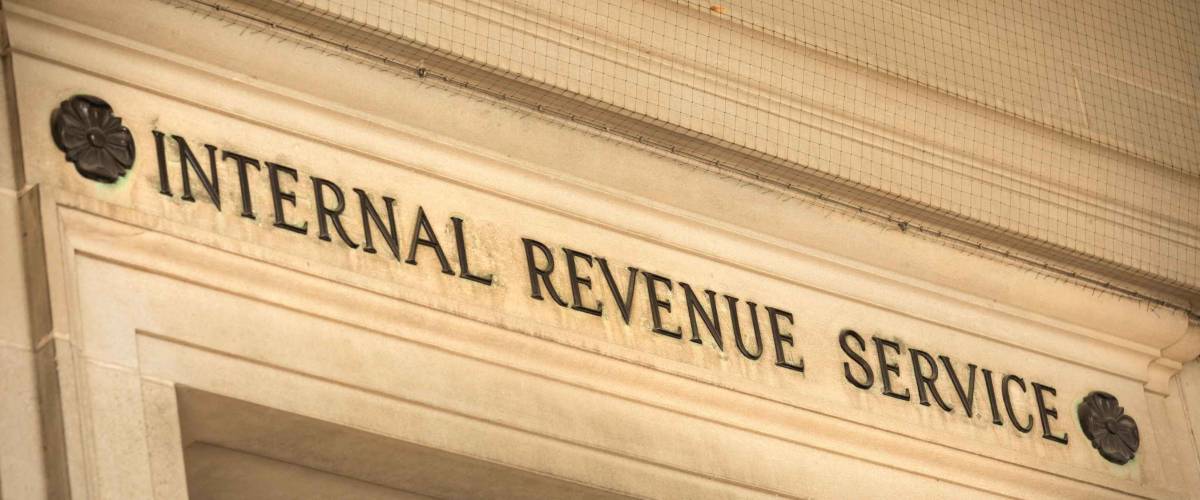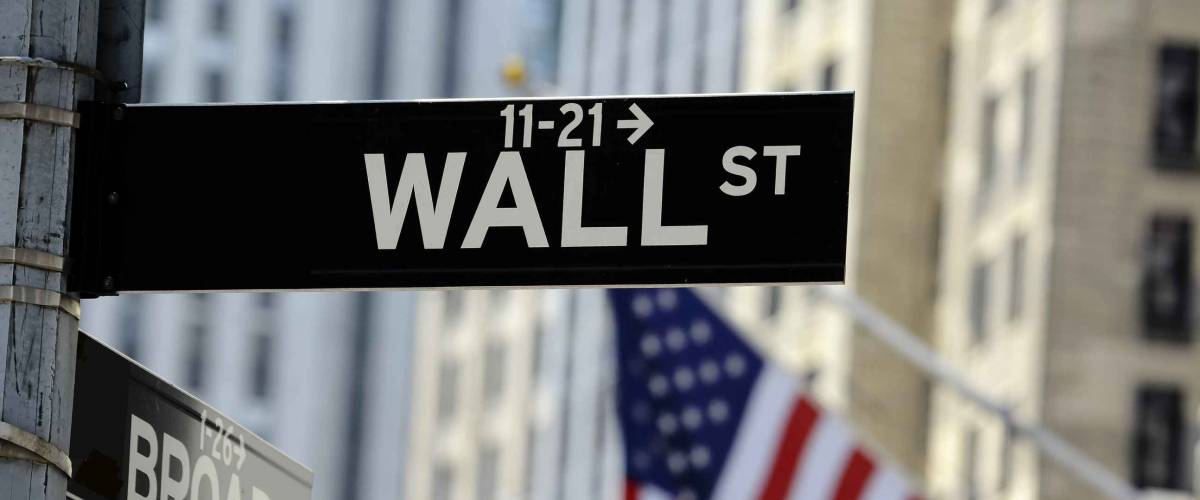Talk of new taxes is music to nobody’s ears, but before you abandon your plans to take control of your finances with the help of a do-it-yourself investing app, you should read on for important details about the proposed levy.
What kind of tax are we talking about?

Of all the proposals under consideration, the frontrunner adds up to about $1 on every $1,000 worth of market moves.
According to a 2018 Congressional Budget Office estimate, a 0.1% tax on stock, bond and derivative transactions would inject more than $777 million into government coffers over a decade.
Many progressive Democrats, including House Financial Services Chairwoman Maxine Waters, favor the idea, arguing the proceeds are desperately needed for infrastructure and social programs — to say nothing of the country’s skyrocketing deficit.
But, unsurprisingly, Wall Street is not a fan. Financial institutions warn that such a tax would make buying and selling investments more difficult for everyone, including average consumers, and that it would hurt the economy more than it would help.
Invest in real estate without the headache of being a landlord
Imagine owning a portfolio of thousands of well-managed single family rentals or a collection of cutting-edge industrial warehouses. You can now gain access to a $1B portfolio of income-producing real estate assets designed to deliver long-term growth from the comforts of your couch.
The best part? You don’t have to be a millionaire and can start investing in minutes.
Learn MoreWhat does this mean for you?

How would a 0.1% tax affect the average person’s portfolio? Let’s use a simple scenario.
Let’s say you want to invest some of your savings yourself, using a platform that charges no commission on trades.
Suppose you placed $300 a month into an ETF that’s designed to grow in lockstep with the S&P 500 index, which many expert say can be counted on to deliver average annual returns of 7% (and that accounts for inflation).
That’s $3,600 worth of trading every year. Assuming you kept this up for 20 years, you didn’t make any trades other than your monthly $300 ETF purchase, and the trading tax never became law, you’d end up with $152,260.91. Very nice.
Now what if the tax were passed tomorrow and you started your monthly $300 investing regimen the day after that? Well, in 20 years you’d end up with … $152,188.91. In the intervening period, you’d have paid Uncle Sam all of $72 in trading taxes, just $3.60 per year.
So who would this new tax affect?

As you can see, a 0.1% trading tax wouldn’t affect your long-term incremental investment earnings very much at all. That’s because it would only be applied to the $3,600 you deposit each year, not to the entirety of your investment account — that is, your deposits plus your returns.
Unlike interest — and also unlike investment advisers’ management fees, which often do apply to your whole account — a transaction fee, such as the proposed tax, doesn’t compound over time.
Which means the parties most affected by a trading tax would be high-volume, high-frequency traders — the very same Wall Street whales who are lobbying against the proposal.
So while you’ll hear talk of the negative impact on “the American worker,” many people opposed to the proposed tax are more concerned about their money, not yours.
Retire richer: The secret to building wealth faster
Most people miss out on key opportunities to grow their wealth. Partnering with the right financial advisor can help you secure a brighter future. Learn how to make your money work harder for you today.
Discover the secretWhat are you waiting for?

As many great financial minds have noted, investing in lower-risk assets and maintaining a long-term viewpoint on your portfolio is the most reliable way to earn a consistent return and improve your chances of enjoying a comfortable retirement.
And that proven strategy won’t suffer if Congress passes a 0.1% trading tax. For such a tax to noticeably affect your bottom line, you’d need to be trading stocks at a rate that no individual investor would ever benefit from in the long run.
So don’t let all this tax talk keep you from getting started on a portfolio that will set you up for a bright future.
Why not start today? We’re in a golden age of do-it-yourself investing. Easy-to-use smartphone apps allow you to:
- Make your trades for free.
- Buy fractional shares of big-name companies like Apple for as little as $5.
- Or just live your life and let the app automatically invest your extra cash.
Taxes may be inevitable, but having less money than you want doesn't need to be.
The richest 1% use an advisor. Do you?
Wealthy people know that having money is not the same as being good with money. Advisor.com can help you shape your financial future and connect with expert guidance . A trusted advisor helps you make smart choices about investments, retirement savings, and tax planning.
Try it now









